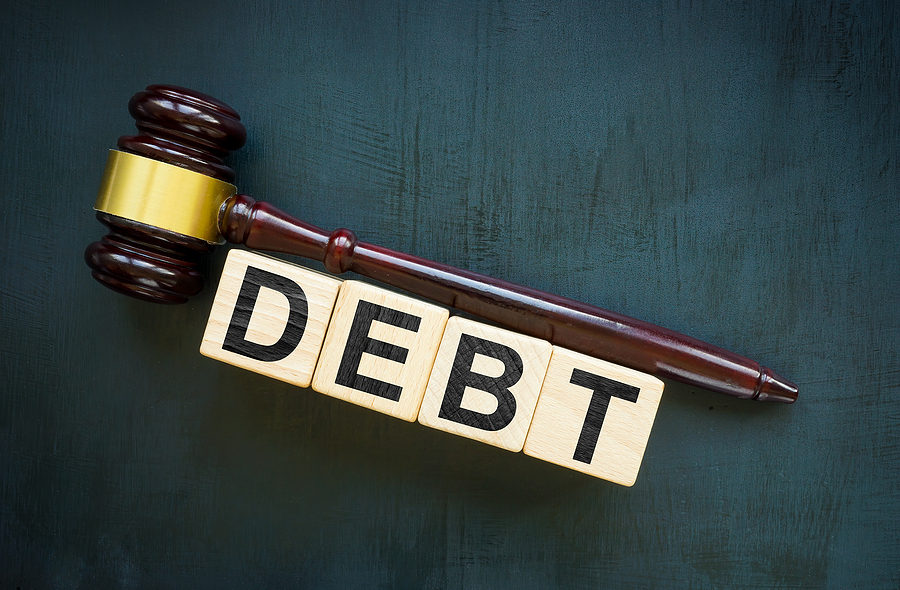 Millions of Americans have struggled to gain control of their finances following the Great Recession. Many have filed for bankruptcy protection in order to have their debts discharged and gain a fresh start. If you are considering filing for Chapter 7 bankruptcy protection, one important thing to understand is that not all debts are dischargeable in Florida’s bankruptcy court. Non-dischargeable debts are those that you will still be responsible for repaying, even if your other debts are relieved through bankruptcy protection.
Millions of Americans have struggled to gain control of their finances following the Great Recession. Many have filed for bankruptcy protection in order to have their debts discharged and gain a fresh start. If you are considering filing for Chapter 7 bankruptcy protection, one important thing to understand is that not all debts are dischargeable in Florida’s bankruptcy court. Non-dischargeable debts are those that you will still be responsible for repaying, even if your other debts are relieved through bankruptcy protection.
The following debts are non-dischargeable in Florida’s bankruptcy court:
1. Back child support, alimony obligations and other debts dedicated to family support.
2. Debts for personal injury or death caused by driving while intoxicated.
3. Student loans, unless undue hardship can be proven.
4. Fines and penalties for violating the law, including traffic tickets and criminal restitution.
5. Recent income tax debts (within 3 years) and all other tax debts.
6. Debts you forget to list in your bankruptcy papers, unless the credit learns of your bankruptcy case.
There are also some debts that may be declared non-dischargeable in a Chapter 7 bankruptcy case if the creditor challenges your request to discharge them.
1. Debts you incurred on the basis of fraud.
2. Credit purchases of $1,150 or more for luxury goods or services made within 60 days of filing.
3. Loans or cash advances of $1,150 or more taken within 60 days of filing.
4. Debts from willful or malicious injury to another person or another person’s property.
5. Debts from embezzlement, larceny or breach of trust.
6. Debts you owe under a divorce decree or settlement unless after bankruptcy you would still not be able to afford to pay them or the benefit you would receive by the discharge outweighs any detriment to your ex-spouse (who would have to pay them if you discharge them in bankruptcy).
Click here to read more on Florida bankruptcy court’s non-dischargeable debts.
If you are in a financial crisis and are considering filing bankruptcy, contact an experienced Miami bankruptcy attorney who can advise you of all of your options. As an experienced CPA as well as a proven bankruptcy lawyer, Timothy Kingcade knows how to help clients take full advantage of the bankruptcy laws to protect their assets and get successful results. Since 1996 Kingcade & Garcia, P.A. has been helping people from all walks of life build a better tomorrow. Our attorneys’ help thousands of people every year take advantage of their rights under bankruptcy protection to restart, rebuild and recover. The day you hire our firm, we will contact your creditors to stop the harassment. You can also find useful consumer information on the Kingcade & Garcia website at www.miamibankruptcy.com.


